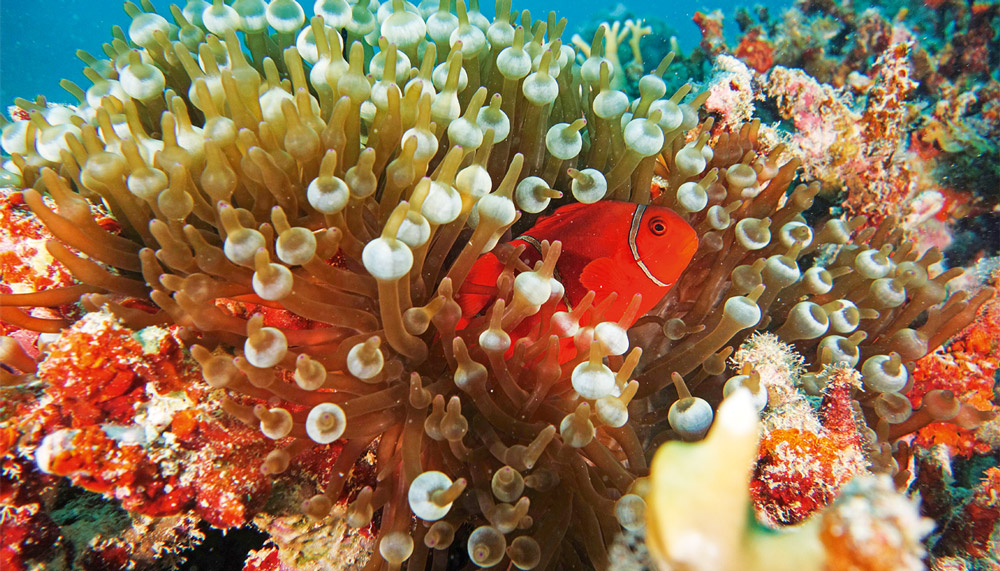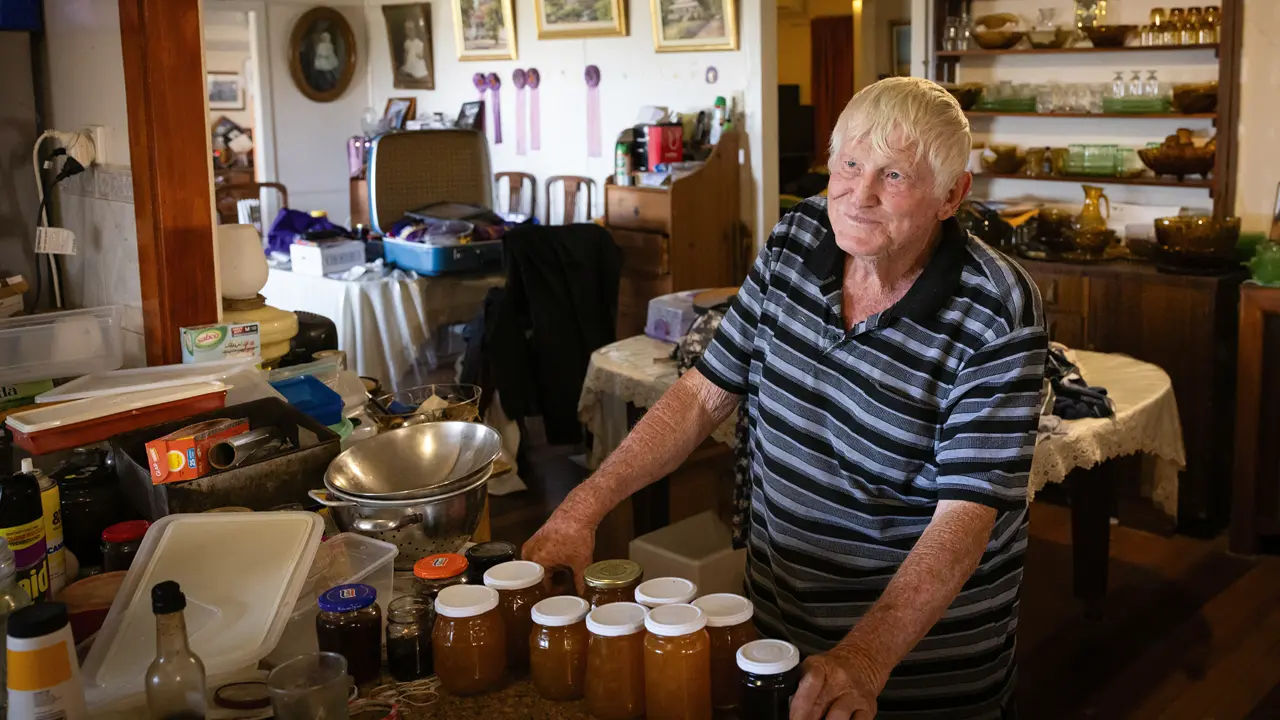Marine scientists Anne Hoggett and Lyle Vail run the Lizard Island Research Station on the Great Barrier Reef.
Story Sue Wallace
Marine scientists Anne Hoggett and husband Lyle Vail, who head the remote Lizard Island Research Station on the Great Barrier Reef, believe they have the best jobs in the world. And it’s difficult to argue with them.
For the past 29 years they have been the co-directors of the world-renowned research station located on a 7sq km patch of land that’s 270km from Cairns. The island sits at the northern end of the Great Barrier Reef, which stretches for 2600km.
Established by the Australian Museum in 1973, the research station started as a community of makeshift tents and has evolved into a globally recognised centre for coral research. “Look at this place – a beautiful island surrounded by blue waters with a great reef – it’s a marine researchers’ dream,” Anne says.
The couple work with two maintenance staff to run a thriving community of up to 37 island visitors at a time. While the visitors are mostly researchers, they also include student groups and film crews who come to work in the greatest laboratory of all – the Great Barrier Reef, which was declared a World Heritage Area in 1981.
Anne says their jobs are highly varied and every day is different. “We really have a top-notch research station, with 100 studies carried out annually attracting up to 300 of the best international and national scientists and researchers, who undertake up to 4000 dives a year,” she says.
It’s an early start for the couple overseeing research activities, programs and study tours and ensuring everything is working perfectly for researchers, so no time is wasted. They also ensure the indoor laboratories used for working with living organisms and preserving specimens for transport are always ready for projects.
Lyle says the station, supported by the Lizard Island Reef Research Foundation, plays an important role in gaining a better understanding of how coral reefs work and what actions are needed so they thrive for generations to come. “Our days are spent ensuring everything is made easy for the many researchers who come to the station so they can gain the most from their stay,” he says. “Some stay for a week, others for months, until they have enough information for their work.”
This story excerpt is from Issue #129
Outback Magazine: Feb/Mar 2020










